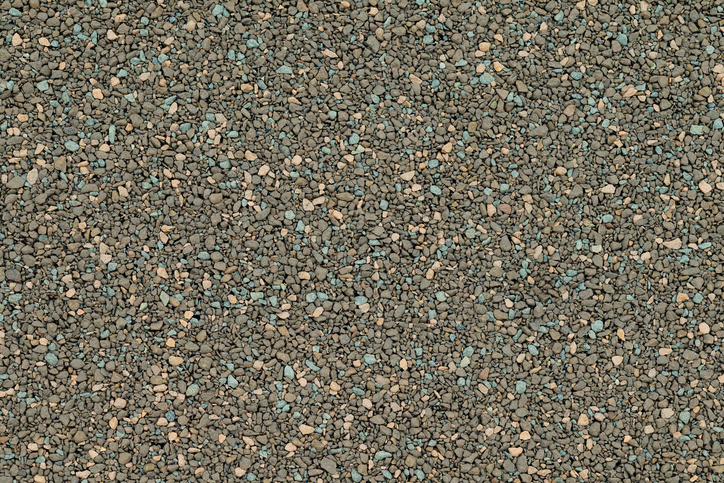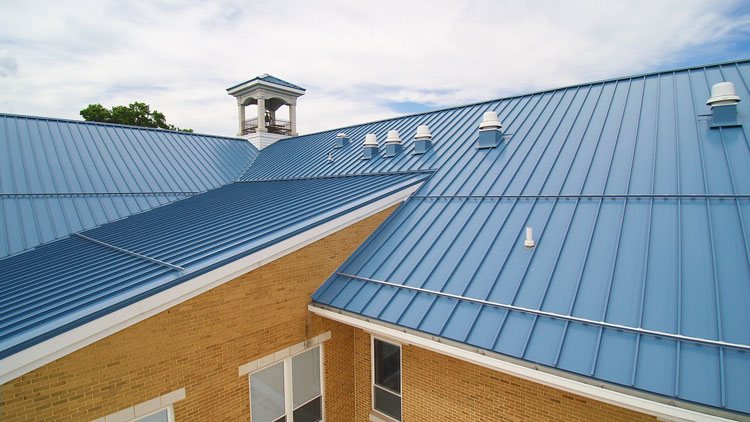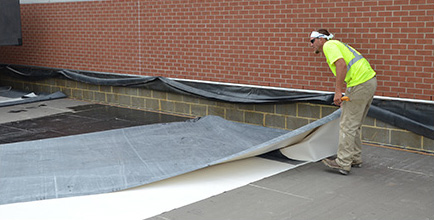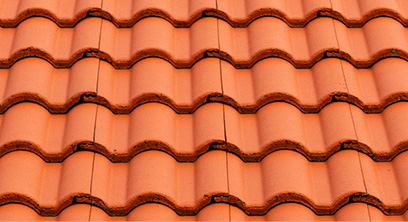Tile Roof Systems for Mid-Atlantic Commercial Businesses
When you choose a new roof system for your commercial business, you’ll likely consider factors such as cost, durability, visual appearance and maintenance requirements. You want to select a roof that will shelter your business from the natural elements and create visual appeal for years to come. But with so many choices on the market, it can feel like a struggle to find a system that meets all your requirements.
Today, businesses have the ability to choose from more roofing options than ever. For some business owners, though, classic roof systems such as tile remain the best choice. Commercial tile roofs offer businesses long-lasting performance and durability alongside gorgeous, old-world charm.
At David Maines & Associates Inc., we’ve seen how tile roofs can benefit commercial clients. Our experienced roofing professionals can help you determine whether a tile roof might be a good fit for your business. Read on to learn more about the advantages of tile roofs for commercial buildings.
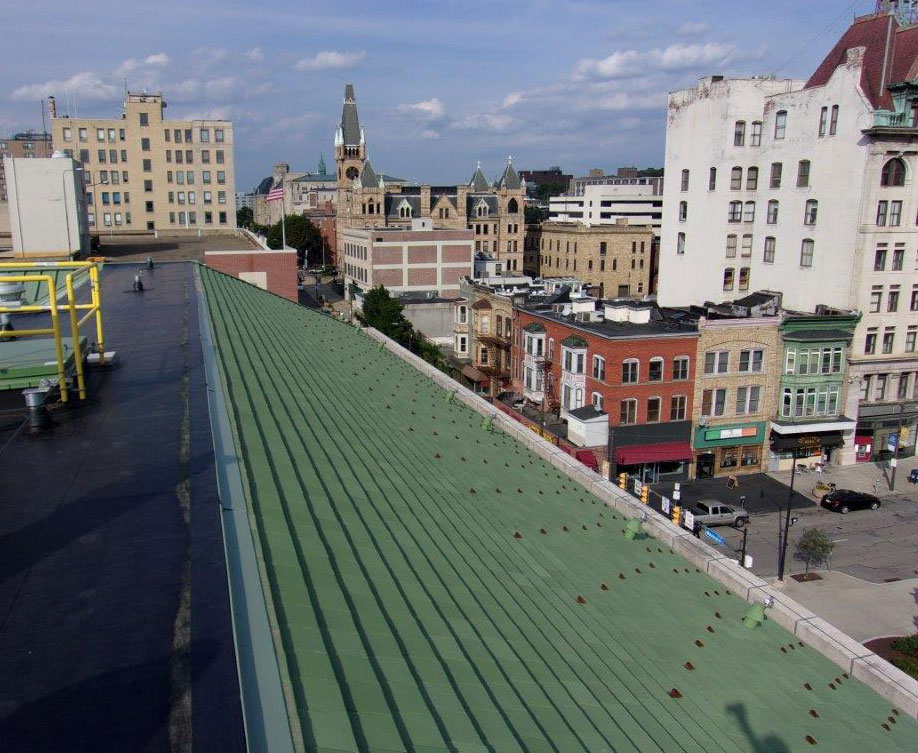
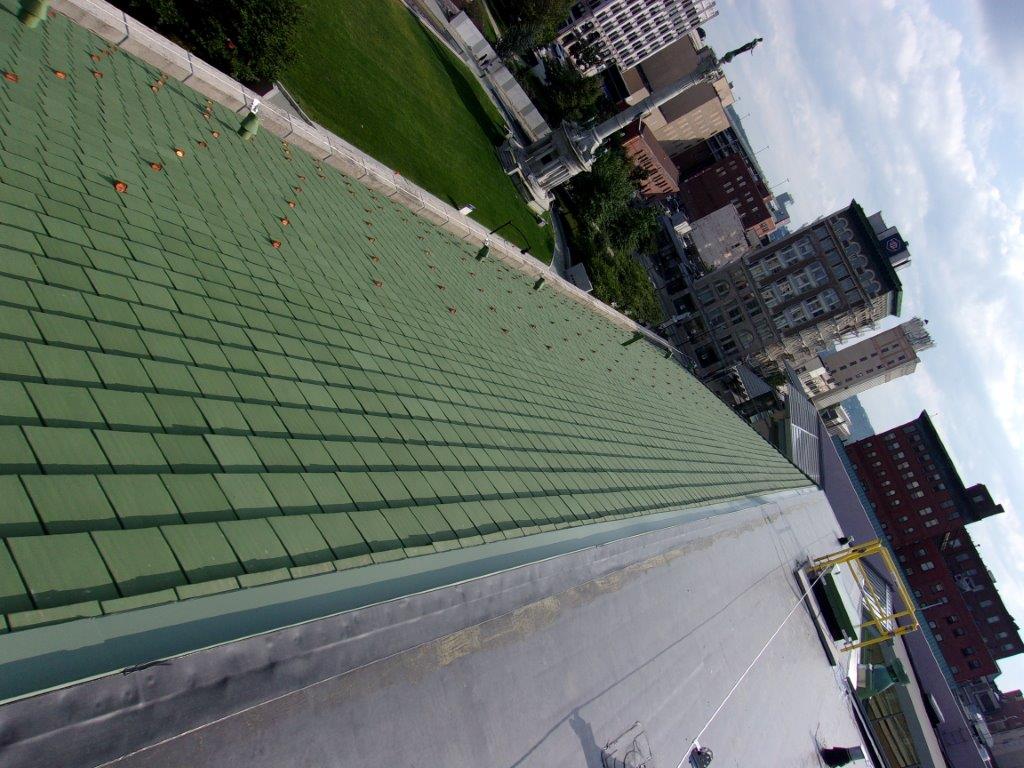
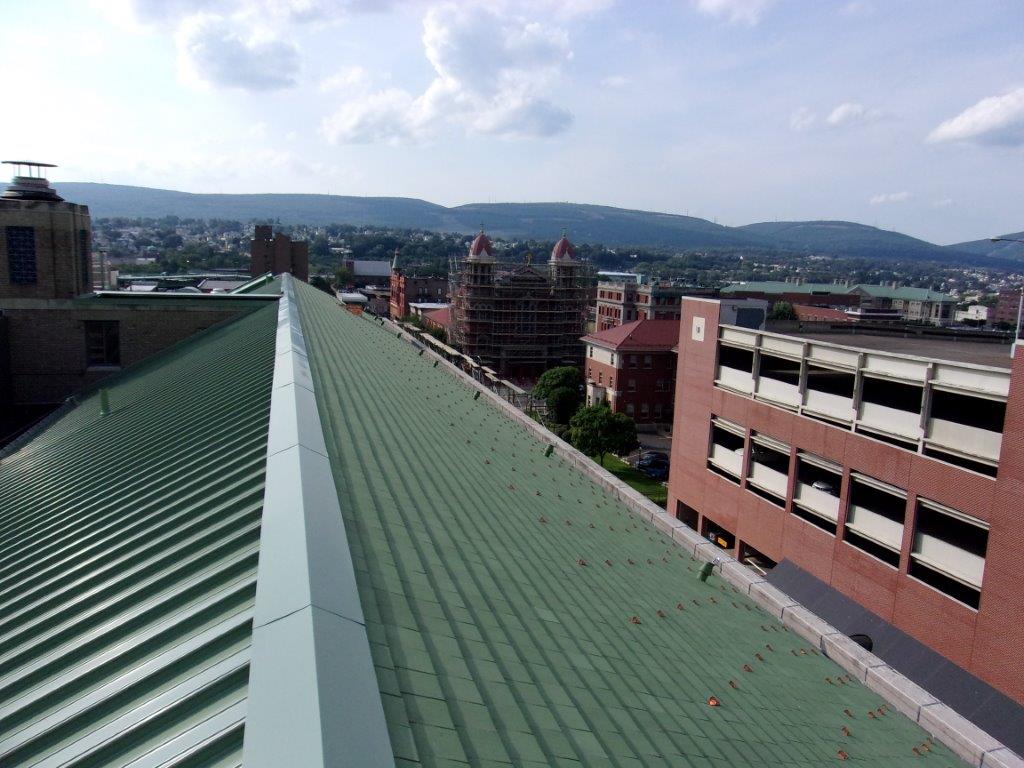
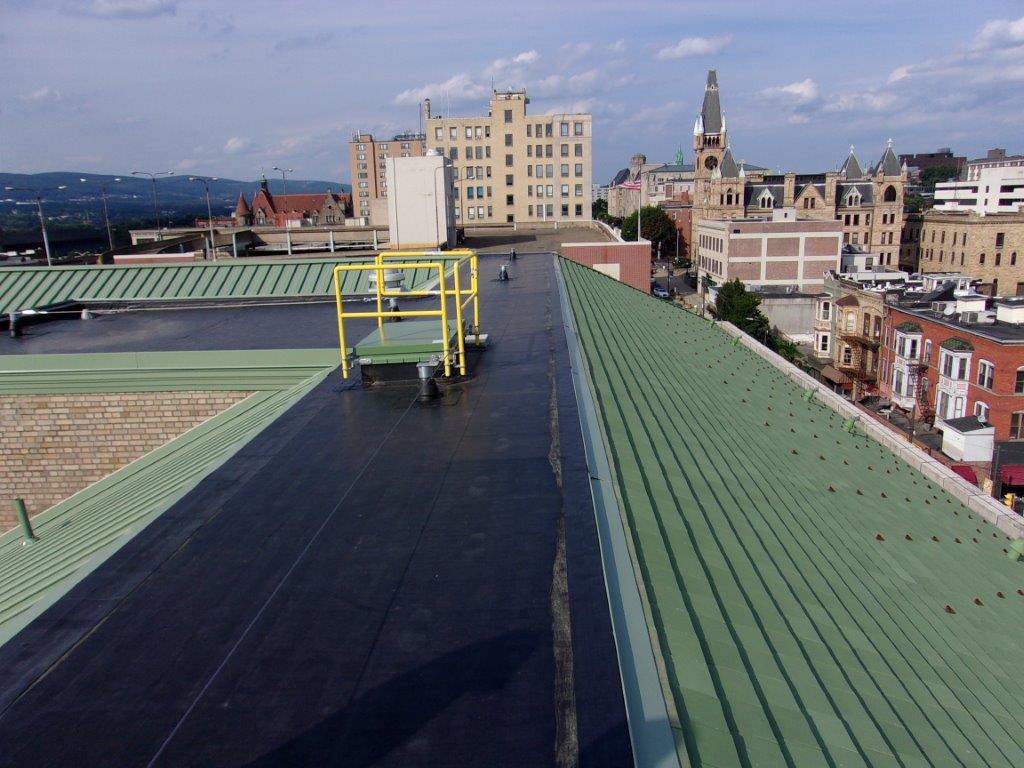
- On-Site Estimate & Consultation
- Careful Trimming & Placement
- Clay & Concrete Tile Roofing Options
Advantages & Disadvantages of Tile Roofing Systems
As with all roofing systems, tile roofs have unique advantages and disadvantages. Before you make your decision, it’s a good idea to weigh these factors against your business’ roof requirements and limitations, including your budget, location, current building and design preferences.
Advantages of Tile Roofing Systems
- Long-Lasting and Durable: The lifespan of a commercial tile roof falls between 50 and 100 years, depending on the design and installation. These roofs can last for long periods of time, even when exposed to harsh conditions.
- Low-Maintenance: Tile roofs provide excellent protection against the elements and rarely require repair or replacement. They’re waterproof, fire-resistant and impervious to insects and rot. They can also stand up to high wind speeds. Usually, tiles only break under heavy impact, such as from a fallen tree branch, so little maintenance is required.
- Visually Pleasing: Roof tiles come in many shapes and colors, allowing them to fit in with any architectural style or era. Many designers use tile roofing to stunning visual affect. Common styles include Mission tiles, Spanish tiles, interlocking shingle tiles and French tiles. The first two designs have curves, while the latter two lay more flat. With a little creativity, you can use tile roofing to give your business a unique appearance and make a good first impression on new customers.
Disadvantages of Tile Roofing Systems
- Must Be Steep: Unfortunately, tile doesn’t work as a roofing material for every building. In order to safely and effectively install a tile roof, your commercial building must have a steep, sloping roof. Generally, experts recommend against using tile for any roof with a pitch less than 4:12. You should consult with an engineer or roofing professional to determine whether your building can support tile.
- Require Special Installation: Tiles are both heavy and brittle. Because of this, tile roofs require proper installation by a specialized professional. If you’re considering a commercial tile roof for your business, you’ll need to find someone you trust to get the job done right. A good roofing company like David Maines will have plenty of experience installing tile roofs.
- Can Be Expensive: Though tile isn’t the most expensive roofing material on the market, it can cost more than some other commercial roofing options. This high cost is partly due to the material tile is made of — clay is particularly expensive, for example — but installation may also contribute to the cost. If you’re concerned about budget, look for tiles with cheaper composition.
Tile Roofing Materials
You can find commercial roofing tiles made out of two different materials — clay and concrete. Each option comes with slightly different technical properties, though both can create a beautiful roof for your business:
- Clay Tile: When most people imagine tile roofing, this is what comes to mind. These tiles, which have been used for centuries, are made from fired clay. They’re durable and resistant to fire and water damage, making them perfect for buildings exposed to sea salt and sun. They’re also available in a wide variety of colors, perhaps most notably variations on reddish-brown, which evoke the architecture and warmth of coastal locations like Spain.
- Concrete Tile: Concrete tile has many of the same benefits as clay tile while being easier to come by. Typically, a concrete tile roof costs less than a similar design using clay. However, concrete tiles usually also weigh more than clay tiles, which means they could require extra structural support to install. Like clay, concrete tiles come in many styles and colors, making them versatile and just as visually appealing as other tile. If you want to achieve a roof with a similar look as clay but for a lower price, concrete tiles could offer a solution.
As you consider your options, keep in mind that different tiles may have varying requirements and properties. If you’re wondering whether a tile roof could work well for your commercial building, we can help.
Choose a Tile Roof for Your Mid-Atlantic Business
As commercial roofing materials, clay and concrete tile both provide excellent durability and performance, as well as a welcoming, unique style.
At David Maines & Associates, we’ve seen how a perfectly installed tile roof can transform a commercial business, which is why we work hard to provide great tile roofs to our commercial clients. Our roofing experts can help you determine what type of roof will best suit your business and your building, so you can make a decision with confidence.
If you’re looking for a commercial roofing contractor to help with your business with a new roof, we can help. Contact David Maines today for a free estimate on a tile roof for your commercial building.
